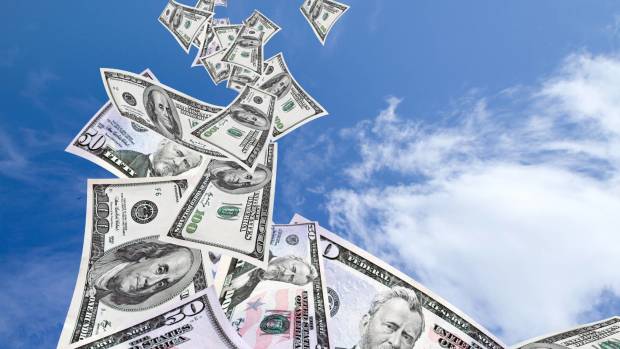
Now that yields on money-market funds and certificates of deposit have reached their highest level since before the 2008 financial crisis, it makes sense to consider them in your portfolio.
Money-market-fund yields run to almost 5%, and three-year CDs can yield 5.45%.
Christine Benz, Morningstar’s director of personal finance, recently discussed how to navigate the choice between money-market funds and CDs.
But first, “I’m a little worried that some investors might be overdoing their cash investments,” she said. “It’s hard to deny that that safe yield is attractive. But you want to be deliberate and strategic about how much you hold in cash.”
Benz promotes keeping three to six months’ worth of living expenses in cash, in case you lose your job, get sick, or some other emergency comes up. If you’re retired, consider a bigger cash cushion -- one to two years’ worth of living expenses, she said.
And if you like to buy stocks when you think they’re on sale, “you might hold a little bit more of a reserve alongside your investment accounts,” Benz said. That way you can take advantage of buying opportunities.
The Lowdown on CDs
As for CDs, they require you to lock up your money for a period of time. So typically the yields are higher than for money-market funds, Benz noted. CDs also offer FDIC insurance, up to $250,000.
The big negative for them is the lock-up requirement, she explained. You will pay a penalty if you withdraw your funds early.
CDs make sense for people, such as retirees, who have very specific spending needs coming due, Benz said. Their spending is often dictated by set schedules, and they can easily calibrate how much to put into various CDs.
“I would say those would be the best candidates,” Benz said. “Or if you are someone who has cash investments set aside where you don’t have any specific purpose for them.”
The Shimmy on Money-Market Funds
One advantage of money-market funds is their flexibility. You can put money in and take money out of the fund whenever you want. And the fund value will almost always stay at $1 per share.
But that’s not guaranteed. There was a major fund that “broke the buck” during the 2008 financial crisis. So money-market funds are more risky than FDIC-insured CDs.
One nice thing about money-market funds is you can hold them as part of your broad investment accounts. So you can use money in the funds to pay for your other investments, such as stocks and bonds. “There’s a seamlessness to the money market mutual funds,” Benz said.
They are good for people with ongoing liquidity needs, Benz said. That could include everything from investing to paying bills. You can write checks on many money-market funds, making them quite convenient for movement of cash.
Do beware of funds with a fee of more than 0.5%. “That’s a signal that maybe this is an investment product that’s dabbling in some riskier security types to deliver that high yield,” Benz said.







